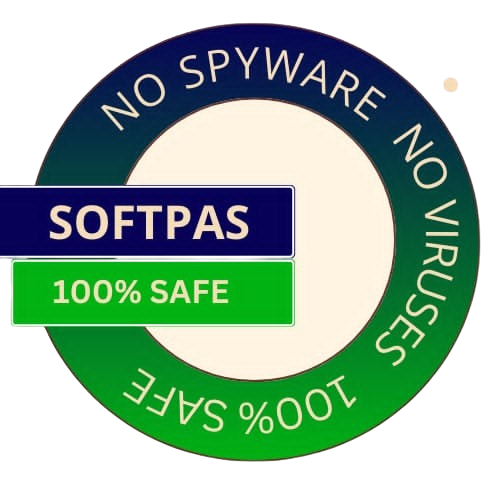
Get the best deals on your favorite games
The Analysis & Resynthesis Sound Spectrograph (formerly called the Analysis & Reconstruction Sound Engine, or ARSS) is an awesome tool for working with sound files. It takes your sound file and turns it into a visual representation called a spectrogram. But that's not all! It can also take that spectrogram or any image you create and turn it back into sound.
The ARSS has two main parts: a spectrograph that uses a base-2 logarithmic frequency scale and a synthesizer for the spectrogram. This setup is pretty cool because it works differently from most other spectrographs.
While many spectrographs rely on Short-Time Fourier Transforms (STFTs) to chop up signals into tiny time slices to analyze them, ARSS takes another approach. Instead, it uses a filter bank and envelope detection. This means it cuts the signal into small pieces based on frequency and then analyzes those pieces in the time domain—kind of like how old-school analog spectrographs work!
Now let's talk about the synthesizer! It works by modulating horizontal lines of your image to create sound. Each line gets upsampled to match the desired final signal's sampling rate. Depending on what synthesis mode you choose, these lines are modulated with sine waves that correspond to their central frequencies.
If you're curious and want to download this fantastic software, check out Softpas!
Go to the Softpas website, press the 'Downloads' button, and pick the app you want to download and install—easy and fast!

SoftPas is your platform for the latest software and technology news, reviews, and guides. Stay up to date with cutting-edge trends in tech and software development.
Subscribe to newsletter
© Copyright 2024, SoftPas, All Rights Reserved.